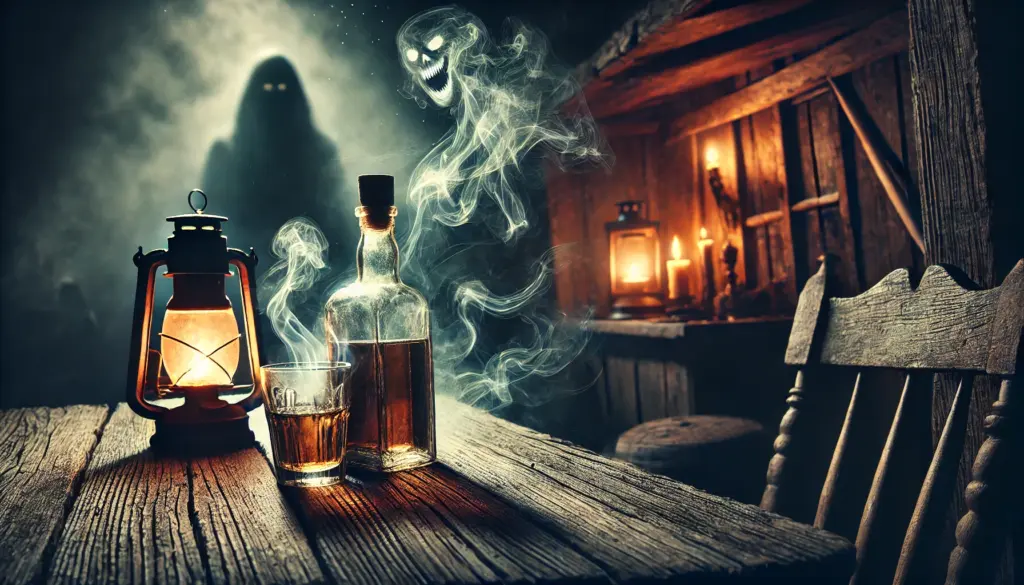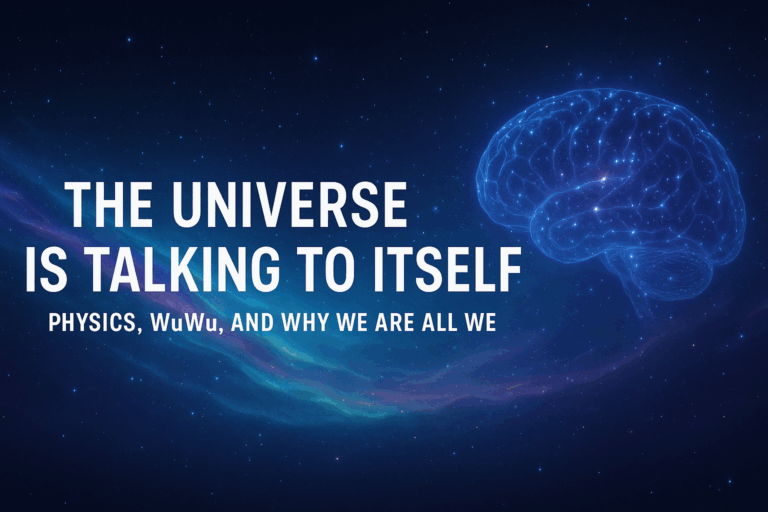
Alcohol’s effect on cognition extends beyond chemical inhibition; historical and cultural interpretations suggest it facilitates an altered state where external or latent forces manifest. The term “spirits” in distilled liquors originates from alchemy, where distillation was seen as the extraction of essence. More broadly, cultural narratives link alcohol consumption to entity possession and identity fragmentation.
Cultural and Psychological Manifestations
Various traditions attribute intoxication to spiritual intrusion. Norse berserkers allegedly entered trance-like fury through alcohol consumption. Irish folklore describes spirits latching onto inebriated individuals, subtly modifying their actions. Vodou traditions reference spirit possession facilitated by alcohol, effectively overriding personal agency.
Neuroscientific explanations point to alcohol’s suppression of the prefrontal cortex, diminishing self-regulation and allowing subconscious or repressed aspects of personality to emerge. In extreme cases, individuals exhibit behavioral bifurcation, assuming distinct speech patterns, mannerisms, and even separate identities. Some reports suggest these personas demonstrate heightened situational awareness, receding only in response to authoritative intervention.
Consciousness, Identity, and Alcoholic Metamorphosis
If alcohol merely induced cognitive impairment, reckless impulsivity would dominate. However, evidence suggests that alternative identities formed under intoxication maintain selective control, responding to social and legal stimuli in a calculated manner. This controlled dissociation raises questions: Is the phenomenon purely neurological, or does it hint at a psychological gateway enabling external influences?
While folklore attributes these shifts to supernatural interference, modern psychology recognizes identity fragmentation and dissociative behaviors as legitimate phenomena. Regardless of the explanation, one certainty remains: throughout history, excessive alcohol consumption has been cautioned against—not only for physical consequences but for the risk of surrendering oneself to an unknown force.


